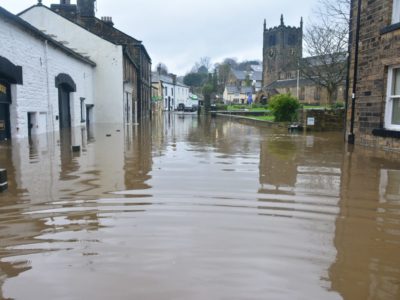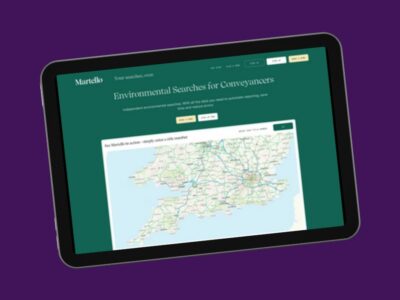Castle Debate: Agriculture and Climate Change – Impacts and Solutions
GeoSmart was once again was proud to support another in a fascinating series of Castle Debates – this time on the uneasy relationship between agriculture and climate change.
Farming generates greenhouse gases throughout its supply chain, yet it received little or no mention at the November 2015 UN Conference on Climate Change in Paris.
Agriculture equally suffers through its impacts on wildlife and livestock habitat change, growing of food crops in water-scarce regions, the increased spread of pests and diseases and increasing exposure to heat stress and soil erosion from stronger winds.
Who is the real culprit?
Richard Black from Energy and Climate Intelligence Unit (ECIU) opened the seminar by challenging to what degree agriculture is directly to blame. Critics cite the fact that livestock farming accounts for around 14.5% of global greenhouse emissions, including significant amounts of methane and nitrous oxide from animal waste and fertiliser use. However, it is asserted that it’s the action of deforestation and loss of carbon sinks which creates the greater damage. Large swathes of the Amazon have been replaced by grazing cattle and palm oil plantations.
But adopting more sustainable farming techniques remains a sensitive issue diplomatically with third world nations, who think this is yet another case of the developed world telling them what to do when the infrastructure to support it just isn’t there.
17 sustainable food goals were established at the talks in Paris, chief of which were centred on food security for all, rather than specific measures on climate change.
Farmers adapting to changes
Dr Ceris Johns from the National Farmers Union (NFU) followed by providing the farmers perspective. She reported that her members were highly aware of the devastating impacts of climate change on their livelihoods – the 2013/14 flooding, the wettest on record, impacted agricultural net income by 14%.
In a recent survey, 66% of UK farmers had witnessed more changes in rainfall severity and flooding events. This has had the knock-on effect of farmers viewing livestock as a better risk than crops over the longer term.
Sustainable farming to protect for the future
Richard Young of Sustainable Food Trust followed the debate on alternative solutions for land management – these included the conversion of cropland to grassland and forestry – which provides a big contribution to creating carbon ‘sinks’. On a global scale, the expansion of palm oil has led to deforestation.
Demographic changes are also in play – the young are eating less red meat and if these habits don’t change, this will fundamentally change the basis of agriculture in future years.
Overuse and over cropping of soils so resulting in depletion of carbon – East Anglia, considered the bread basket of the UK, is now experiencing significant decline of soil quality. Globally, 50% of soils are described as moderately or poorly degraded already.
Add to this the impacts of more extreme and localised flooding runoff; soil and nutrients are further eroded, reducing the potential for yields.
The importance of instating further livestock farming to manage grasslands was reiterated to manage and promote soil retention and ecological fertility. The western USA was cited as an example of where extermination of the roaming buffalo herds on the prairies had resulted in steady desertification, a process continuing across other parts of the world to this day.
Change is real and happening
David Thomson from the Committee for Climate Change then outlined the long term projections for flooding and drought trends and their potential impacts on agriculture. Here in the UK, the long term trend toward wetter winters and more extreme weather events will continue, with the North of England and Scotland experiencing the greatest change over the period to 2050. A warmer climate brings more moisture and localised downpours almost anywhere in the country.
The greatest flood risk will affect the East of England and the West Country, representing some 8% of total agricultural land. A 2m sea level rise by 2050 could result in a third of coastal defences becoming highly vulnerable, again affecting productive land across East Anglia.
The other side of the coin is soil aridity and heat. Defra has projected steady depletion of soil quality across East Anglia, while Kent could enjoy bountiful sunshine and extended growing periods for fruit crops as the climate becomes more Mediterranean.
Better environmental stewardship
In a wide ranging Q&A session, more sustainable farming techniques were discussed, together with the role that the farmer has as countryside steward.
Combining more grassland cropping with improved riparian planting and hedgerows would substantially reduce surface soil runoff from flash flooding. More imaginative catchment management including natural dams and sustainable drainage systems on farmland would also minimise the downstream impact of flooding on communities.
While ensuring we all have enough food to eat remains the clear priority, it is clear that the farming industry has a far wider and vital role to play in assisting mitigating the growing risks from climate change.



